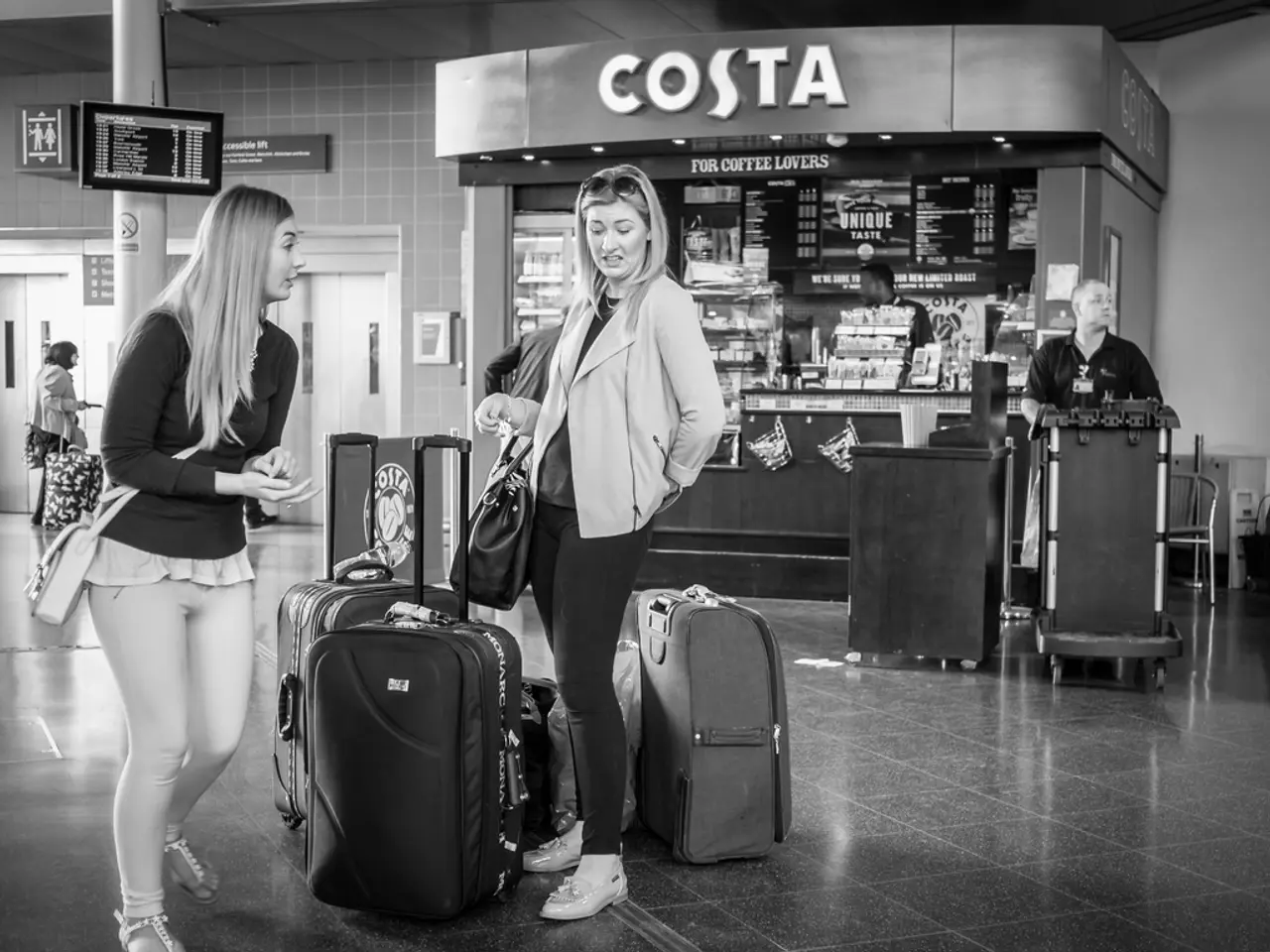Foreign prisons being sought by Europe for housing its incarcerated individuals
European Countries Turn to Kosovo for Prison Solutions
A growing trend in Europe sees countries leasing prison facilities abroad to alleviate critical overcrowding in their own penitentiary institutions. Kosovo, a small Balkan country, has emerged as a potential location for prison facilities, with Sweden, Denmark, and other European nations expressing interest.
The agreement between Sweden and Estonia, worth €30 million, is one of the most prominent examples of this trend. Under the deal, Sweden will transfer 600 convicts to Estonia. Similarly, Denmark has signed a 10-year agreement with Kosovo worth €200 million to house 300 foreign prisoners.
The overcrowding crisis in European prisons is a significant factor driving this trend. According to a recent Council of Europe report, about one-third of European prison systems are overcrowded, with rising inmate-to-capacity ratios causing critical pressure on national prison infrastructures. Some countries, like Sweden, are grappling with increasing incarceration rates due to factors like gang violence and rising convictions.
Leasing prisons abroad is often framed as a more immediate, cost-manageable solution compared to expensive domestic prison expansion. The financial and logistical incentives are clear: Sweden's deal with Estonia is worth €30 million, while Denmark's agreement with Kosovo is worth €200 million over 10 years.
However, challenges with domestic reform and political reluctance to implement systemic penal reforms also play a role. Although alternatives like shorter sentences, early releases, and community service are recommended and partially adopted in some countries, many governments avoid these reforms due to political challenges and public resistance. This avoidance contributes to continued reliance on leased foreign prisons as a stopgap.
Previous leasing attempts by countries like Belgium and Norway have faced logistical and reintegration issues, as well as concerns over human rights and legal inconsistencies. This highlights that renting foreign prisons is often a controversial temporary measure rather than a lasting solution.
Estonia, for its part, is considering proposals from the Netherlands and Norway for penitentiary agreements. Kosovo is also being considered as a potential location for prison facilities by France and Belgium. The formation of a new market for penitentiary services in Europe is indicated by the interest of multiple countries, suggesting that this trend is likely to continue.
References:
- EuroNews
- BBC News
- The Guardian
- The Local Sweden
The growing interest in leasing prison facilities abroad by countries like Sweden and Denmark, as seen in their respective deals with Estonia and Kosovo, fall under the umbrella of general-news and crime-and-justice. This trend, driven by overcrowding issues in European prisons and political challenges in implementing penal reforms, has led to a new market for penitentiary services in Europe, generating significant political and financial transactions in the domain of politics.







